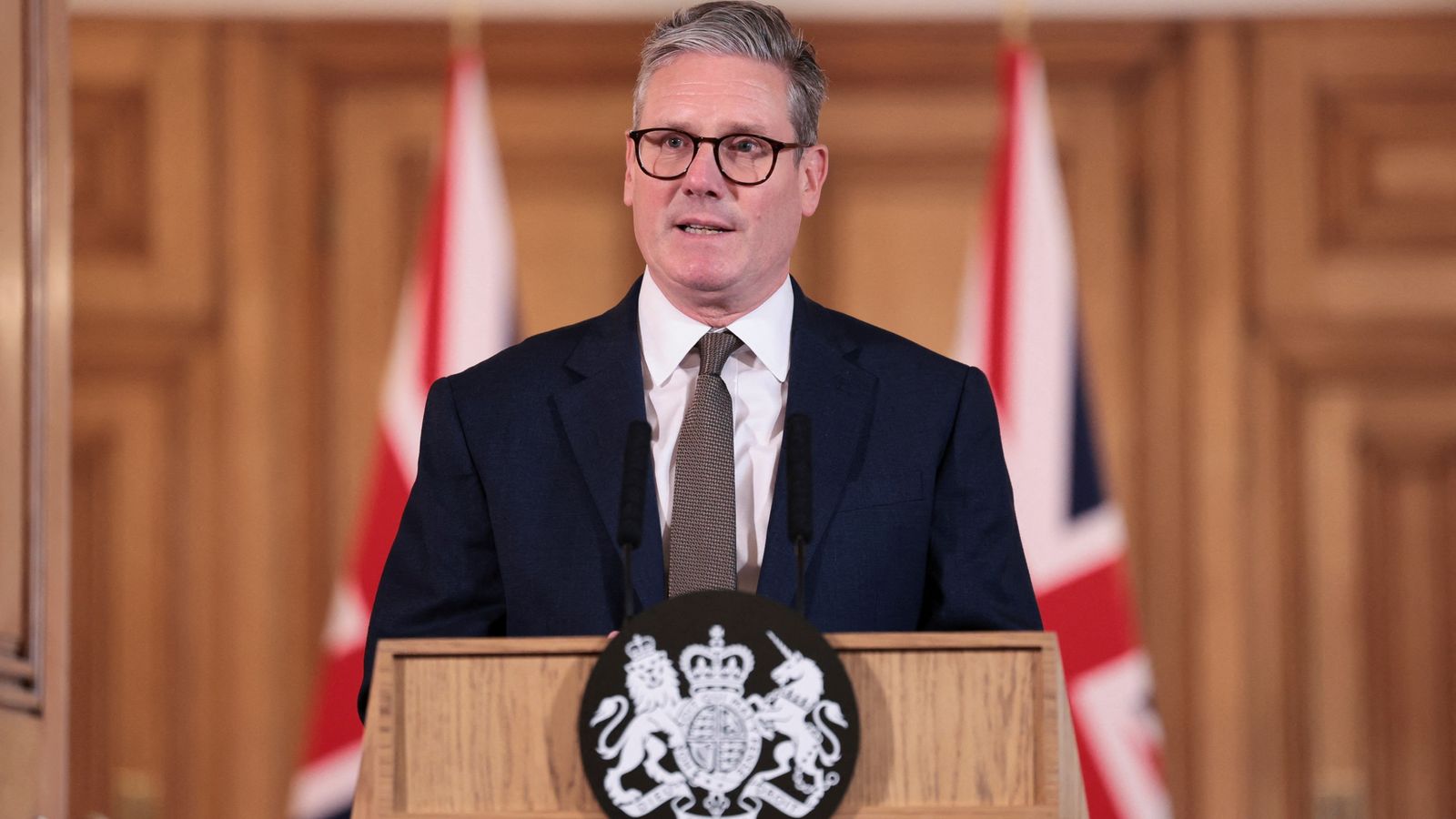Claims circulating online suggest that Prime Minister Keir Starmer is responsible for the recent increase in the energy price cap in Britain, which was raised by 10% on October 1, 2024. These claims are misleading. Here, we break down the facts regarding the price cap and Starmer’s related energy policies.
Ofgem’s Independence
Claim: Ofgem, the UK’s energy regulator, set the October price cap independently from the government.
Fact Check: True. An Ofgem spokesperson confirmed to Reuters that the organization operates independently, with a separate board not influenced by government ministers. They clarified that no government official is involved in the price-setting process before the announcement, which is made four to six weeks in advance.
The October price cap increase is attributed to rising wholesale gas and electricity costs, exacerbated by global market volatility due to severe weather and geopolitical tensions, such as the ongoing war in Ukraine.
The Energy Price Guarantee
Claim: The government played no role in setting the energy price cap for October to December 2024.
Fact Check: True. A spokesperson for the Department for Energy Security reiterated that Ofgem is an independent regulator and that the government did not influence the setting of the energy price cap for the current period. However, it’s important to note that from October 2022 to March 2024, the government implemented an Energy Price Guarantee that effectively set lower maximum prices to mitigate the impact of rising energy costs.
Starmer’s Pledge
Claim: Keir Starmer pledged to cut household energy bills by £400 during a May 2024 interview, yet energy prices increased shortly after he took office.
Fact Check: Misleading. In the May 2024 interview, Starmer stated that if his Labour Party won the general election, it would establish a publicly-owned energy company, GB Energy, which he claimed would reduce household energy bills by £400. His pledge was contingent on the creation of this new energy company, aimed at enhancing energy security and reducing reliance on volatile global markets.
While Starmer’s promise aimed to address future energy costs, the recent price cap increase was determined independently by Ofgem and does not directly contradict his pledge. The comparison presented on social media lacks context, as Starmer’s proposal is based on future policy rather than immediate changes in the current energy landscape.
Conclusion
The claim that Keir Starmer is responsible for the October energy price cap increase is misleading. Ofgem set the price cap independently, and while Starmer did promise to lower energy bills through the establishment of GB Energy, this plan is not related to the current price cap. Context is crucial when evaluating political statements and the regulatory environment surrounding energy prices.

